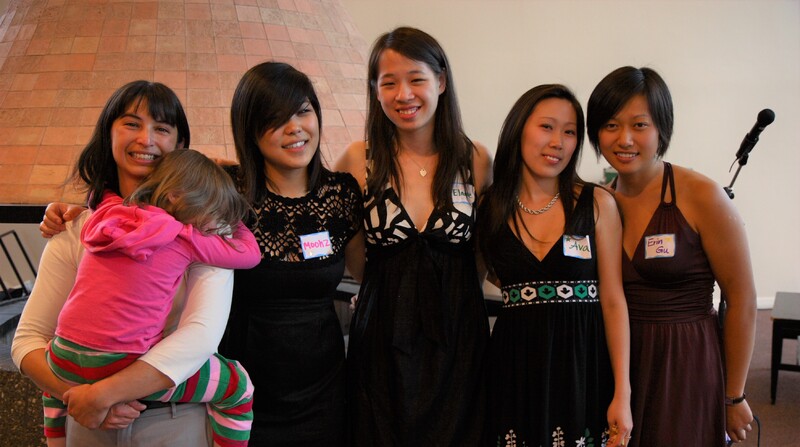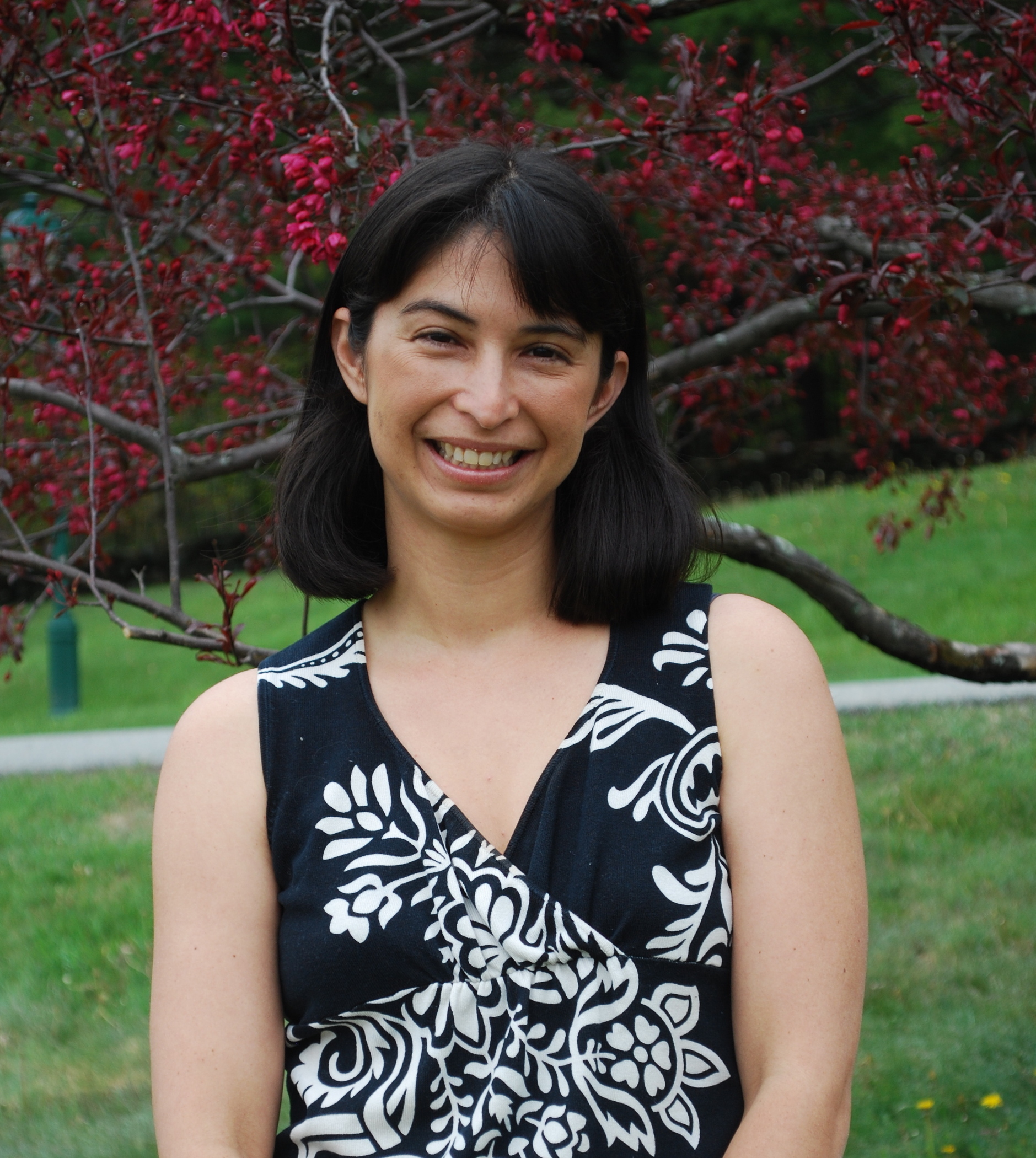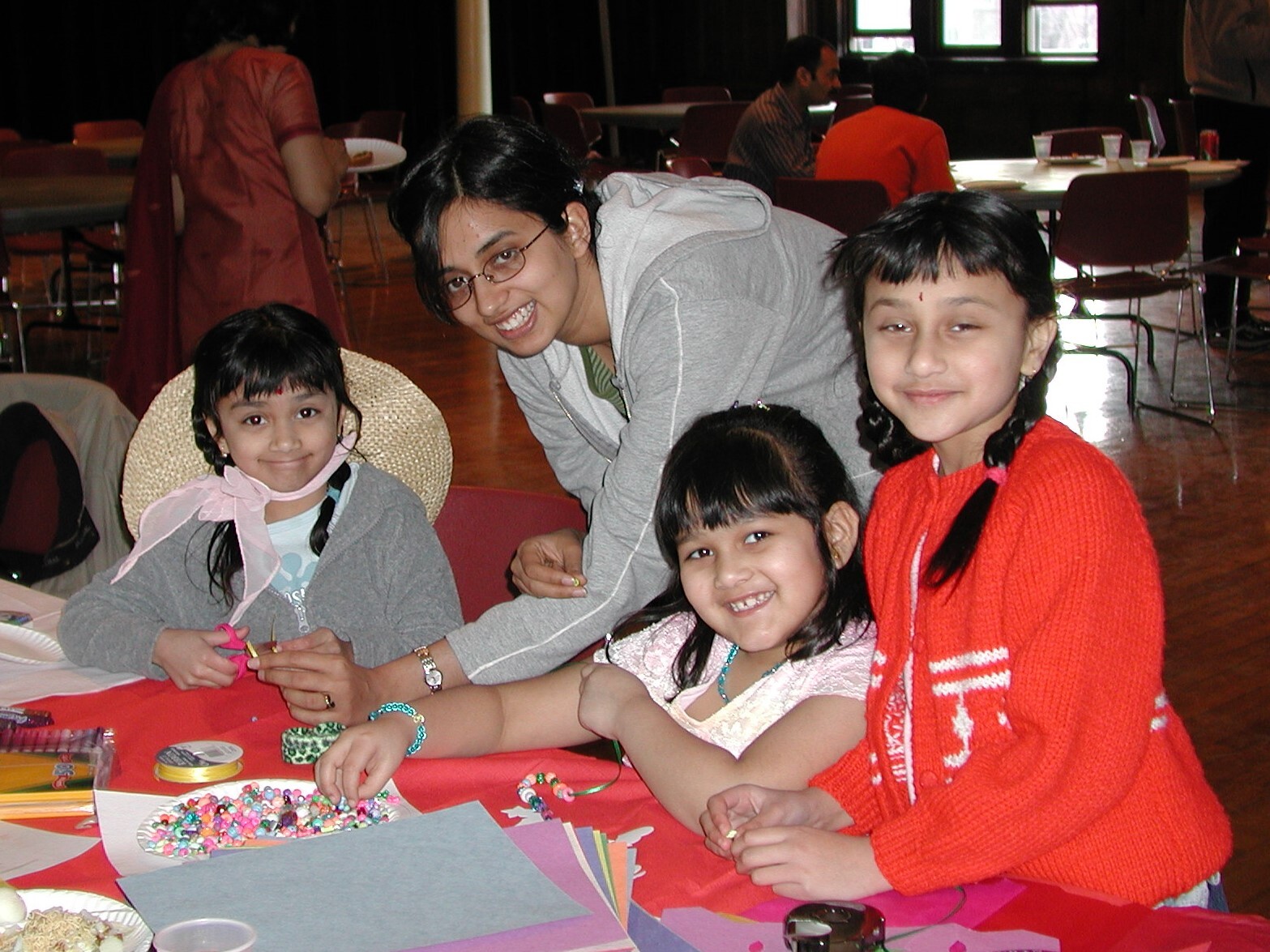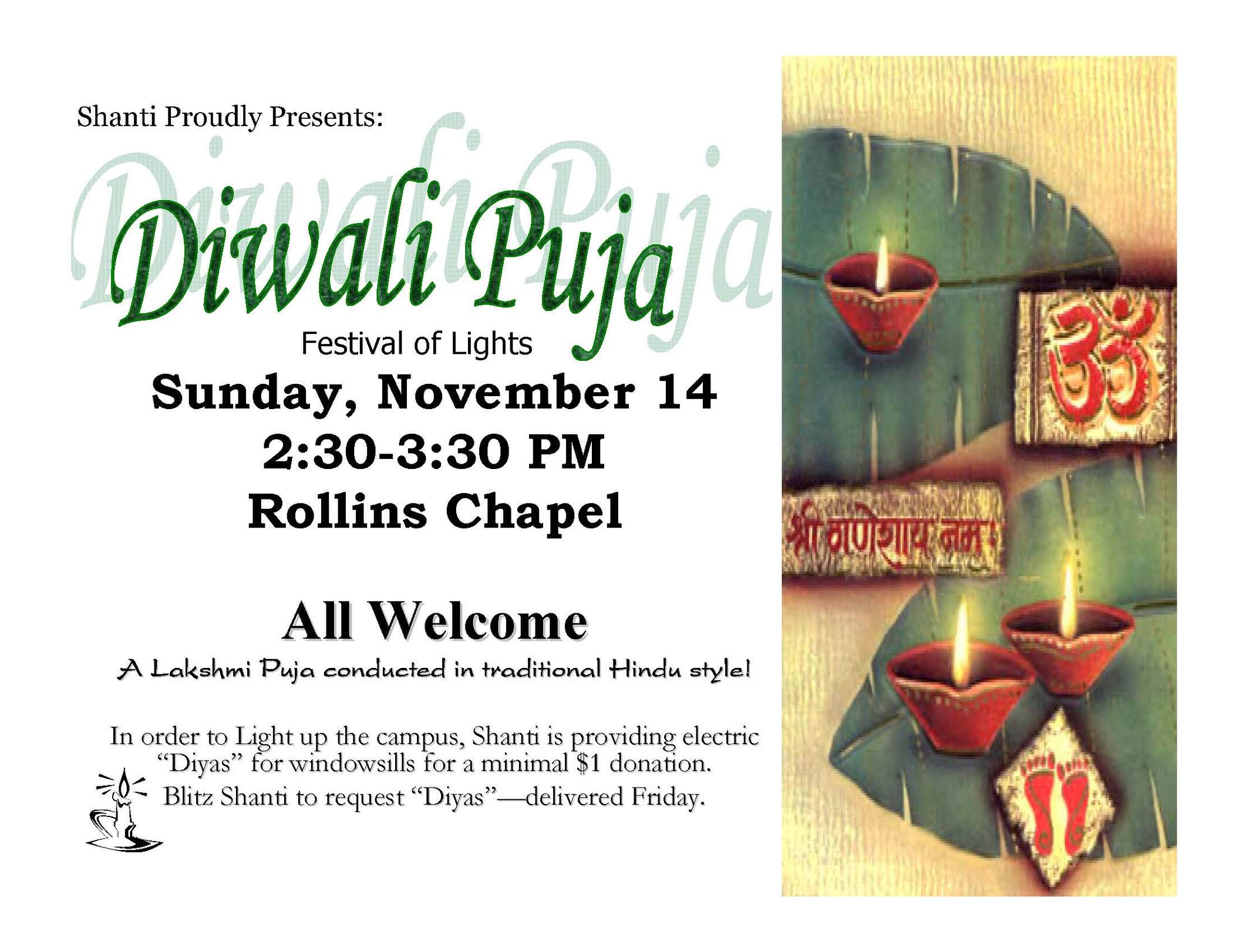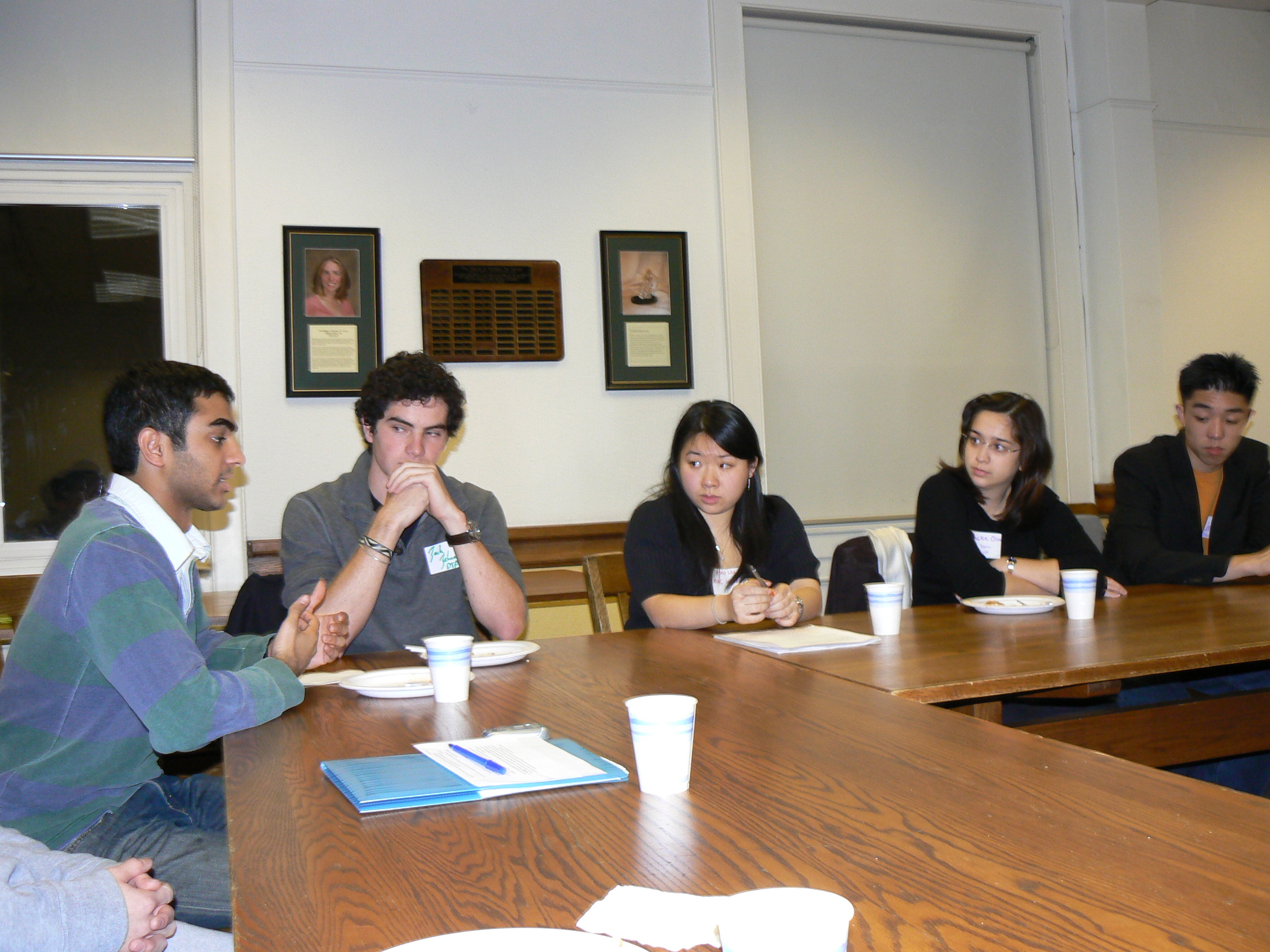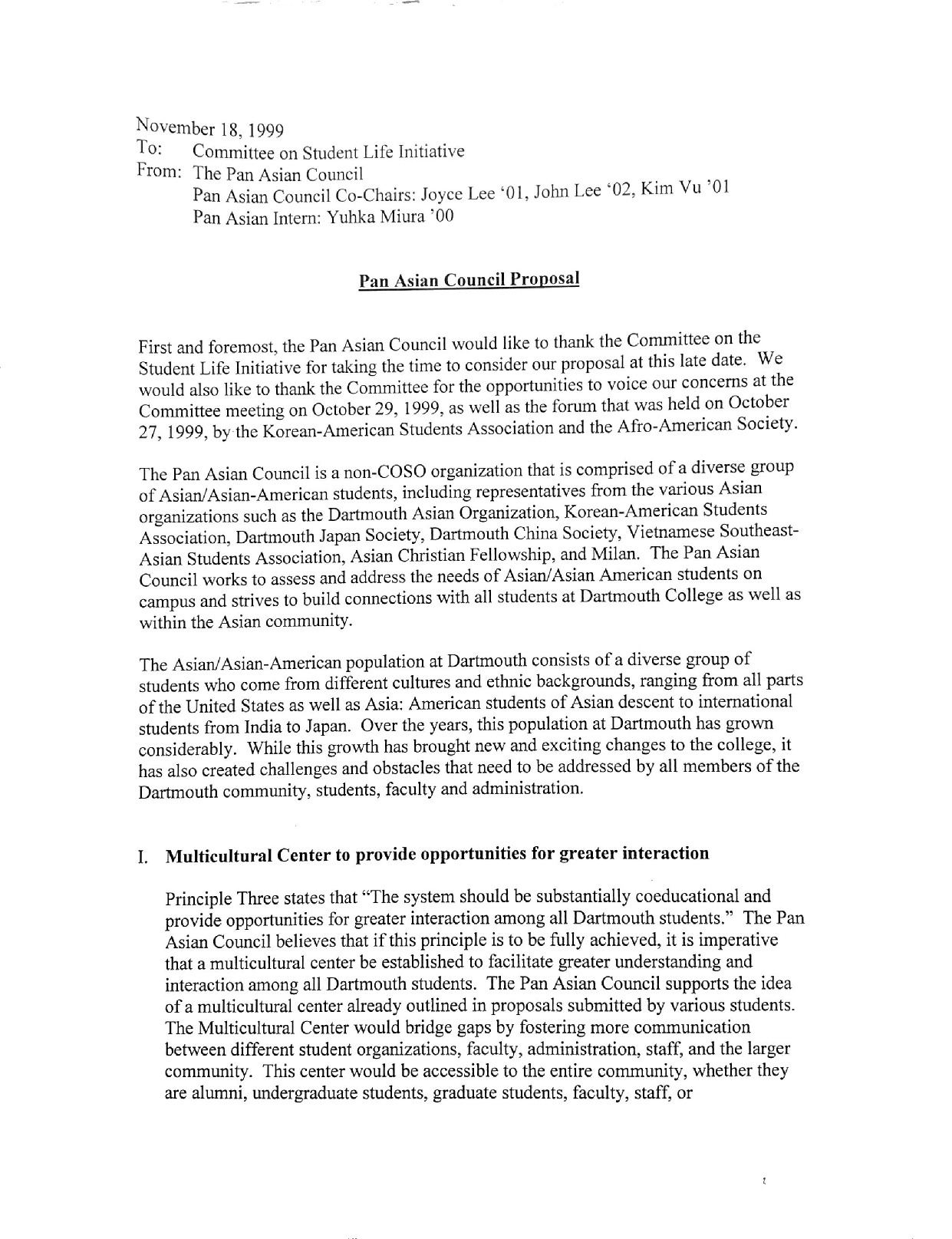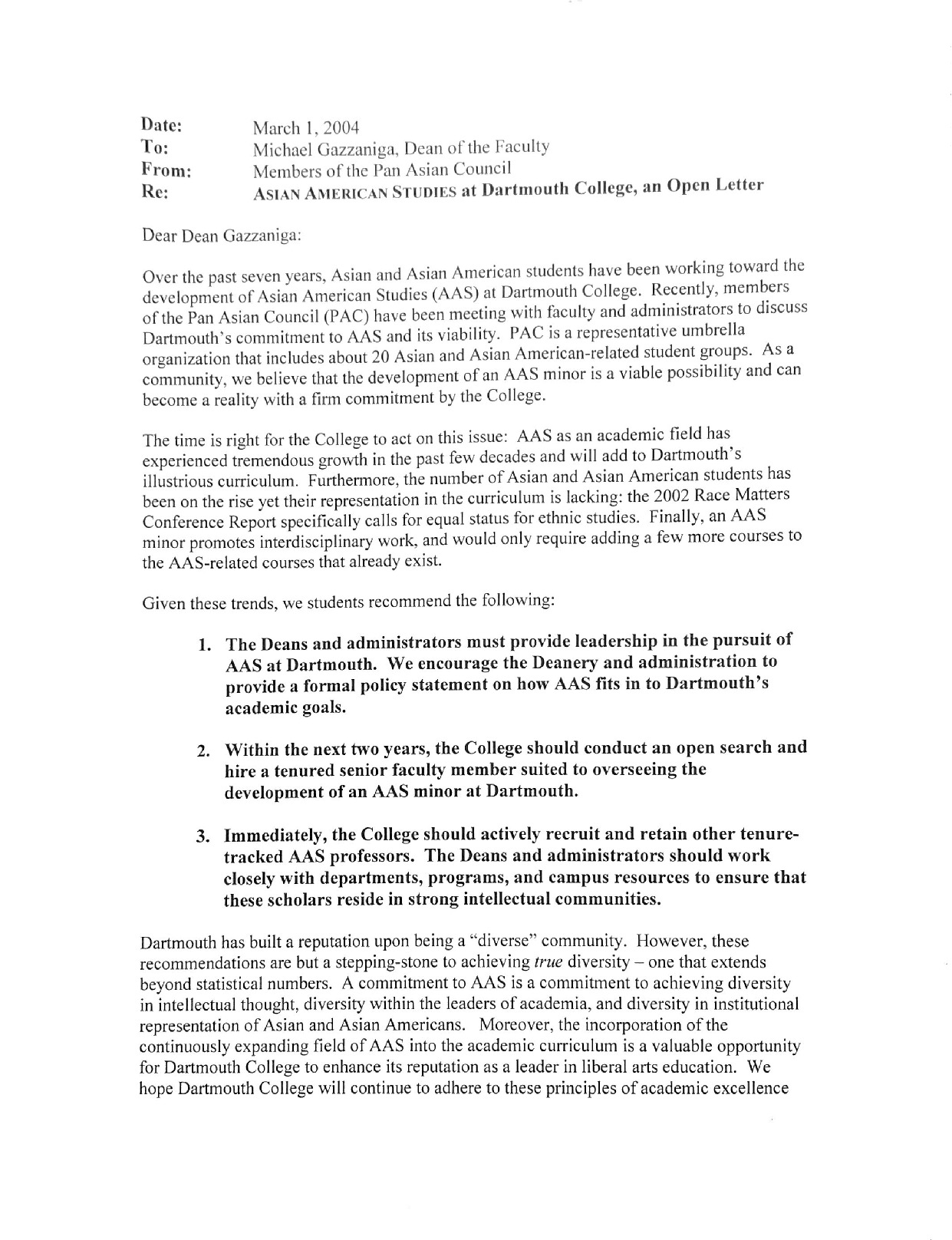Support from the Pan Asian Office
The Pan Asian Office (then formally called the Office of Asian and Asian American Student Advising) played a crucial supporting role in Asian American Studies advocacy during the late 1990s and 2000s. The Pan Asian Office is part of OPAL (Office of Plurality and Leadership), an administrative division focused on promoting equity, multiculturalism, and community at Dartmouth. Much of the office's involvement in Asian American Studies can be credited to Nora Yasumura, an Assistant Dean of Student life and OPAL's Advisor to Asian and Asian American Students, who led the Pan Asian Office from 1999 to 2012. According to Yasumura’s annual memos, she frequently served as an advisor to student groups advocating for Asian American Studies, met with faculty and administration about Asian American faculty hiring, helped coordinate Asian American Studies-related events, and oversaw the work of student interns who advocated for Asian American Studies. Yasumura also served as a critical source of emotional support and institutional information to student activists, as recalled by both Yasumura herself and Morna Ha ‘04, who worked as a Pan Asian intern under Yasumura and was heavily involved in Asian American Studies activism during her time at Dartmouth. Additionally, the Pan Asian Office actually paid interns for their advocacy work. Between the years 2002 and 2005, Yasumura's annual reports list Asian American Studies as an area of focus for several interns.
"[Nora Yasumura] provided the infrastructure for students like myself to do the work, and to be recognized for it."
Morna Ha '04, former Pan Asian intern and Asian American Studies activist
Besides supporting student activists, the Pan Asian Office led the influential Pan Asian Council, which helped Asian and Asian American-related student groups coordinate programming and collaborate with one another. The Pan Asian Council supported Asian American studies and led some advocacy efforts: the council's 1999 proposal on improving Asian student life recommended the addition of an Asian American Studies program and more permanent Asian and Asian American studies faculty, and in 2004, PAC interns led a petition drive and letter writing campaign for Asian American Studies. The council also represented the interests of Asian American students in meetings with the administration about hiring Asian American Studies faculty, especially after the administration agreed to hire an Asian Americanist professor following the 2004 petition.
The office also led and supported programs for the Upper Valley Asian community, such as mentorship programs for local Asian schoolchildren and a successful push to establish a Hindu temple in the Upper Valley. Community programs ameliorated some of the cultural isolation felt by faculty of color and their families in moving to rural New Hampshire, an issue that often prevented faculty of color (critical to ethnic studies programs like AAS) from staying in the Hanover area long-term.
Although the Pan Asian office was heavily supportive of Asian American Studies advocacy for several years, this support declined in the later half of the 2000s. By the office's 2006-2007 annual report, no intern is listed as responsible for Asian American Studies, and in the 2008-2009 report, supporting the establishment of Asian American Studies is no longer an annual priority of the office and disappears from reports after this year. When asked about this change in priorities, Yasumura cited a change in institutional climate. Her work was not possible without supportive figures elsewhere in the administration, many who left during this period. Additionally, as an administrator herself, she was unable to pursue a more confrontational path with the administration without losing political goodwill or her very employment. Without sufficient administrative support, she did not think that Asian American Studies was a feasible goal. Yasumura herself left only a few years later in 2012, ending an important chapter in Asian American Studies advocacy at Dartmouth. OPAL and the Pan Asian Office still exist to this day and are much less involved in Asian American Studies activism, making this period an exception much more than a rule.

